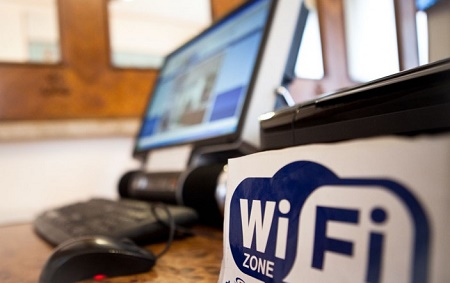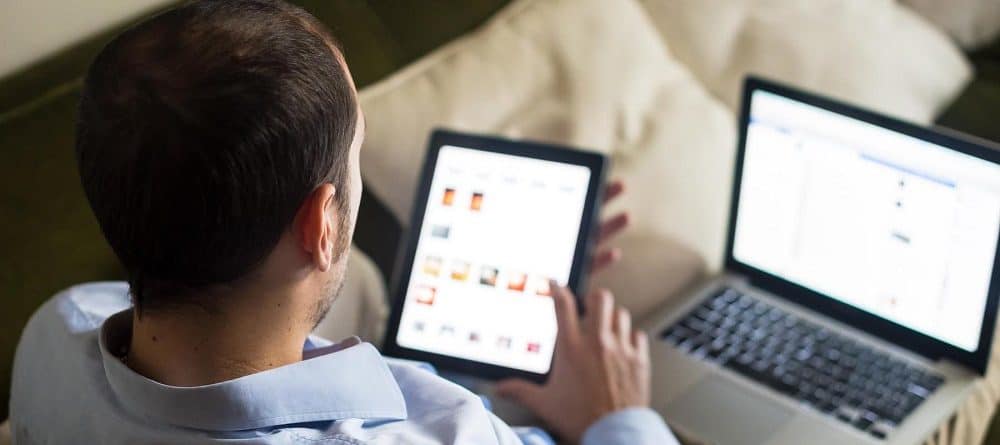Last month, we spoke about the importance of delivering high speed, high performance Wi-Fi to your hotel guests. Yet with more travellers than ever before considering online availability to be one of the most important factor in choosing their accommodation, getting public Wi-Fi right is about much more than investing in the best broadband connection money can be and offering free reign.
Without absolutely solid security, things could go very wrong, very quickly.
Yes, guests love access to hotel Wi-Fi, especially when its free, but so to do the hackers, cyber criminals, and others attempting to use your public network for less-than-honourable means.
Fail to provide adequate protection against such attempts, and it isn’t only the hotel guests using your Wi-Fi for legitimate reasons that are in danger; your core data and back-office systems are likely to be at risk to.
The good news, is that providing that protection isn’t nearly as complicated, nor as costly, as you might think.
Below, the hotel IT specialists at Pacific Infotech offer our suggestions on how to ensure that your public Wi-Fi offers adequate security for your guests.
 Create a Separate Network for Guests
Create a Separate Network for Guests
At first glance, offering internet access to your guests seems like a straightforward process: Simply offer them the password your staff use behind-the-scenes, right?
Wrong.
In fact, that’s just about the last thing in the world you want to do.
Instead, you need to create separate networks; one for your staff, and one for guests. This keeps the two worlds separate, and as well as improving security, also means that staff can continue to carry out essential tasks without guest use draining your broadband resources.
Protect Your Private Network Using WPA2
Setting up two separate networks certainly helps to keep your private systems and data out of view from prying eyes, but that’s really only the first level of security.
With a public network established for guests, your private one should be fully protected using WPA2 level security. This is currently the safest and most effective protocol for protecting your Wi-Fi access currently available, and will go along way to ensuring that guests are kept out of your private network.
Create a Password for Both Networks
Just because you’ve isolated your private network from guests doesn’t mean it’s as secure as can be. Your next task should be to create a password and ensure that it isn’t something that is easy to guess (so no PASSWORDs or LETMEIN, thank you very much).
Your public Wi-Fi network also needs a password. With this one, you can afford to be a little more relaxed, perhaps using the name of a famous local landmark or something similar.
That said, this isn’t just a case of creating a password and handing it out freely to all and sundry. There’s still another critical step to ensuring fully solid security for your guest Wi-Fi network.
Create a Hotspot Gateway
This is essentially another layer of protection between a user’s device and your network.
If you’ve ever used a service like Sky Wi-Fi or BT Wi-Fi, you’ll already be familiar with hotspot gateways, even if you didn’t realise that’s what you were using.
For the unfamiliar, the process works as follows:
Your guest finds your network on their device and selects it, which takes them to a portal page on their browser. From here, they either they can then access the web after either entering their email address, paying a small access fee, or simply accepting the T&Cs, all depending on which option you decide on.
The main benefit of this is that it makes it increasingly difficult for hackers and criminals to get onto your network undetected, adding extra layers of security to keep your hotel guests safe.
Additional Internet Security
Though the tools listed above are undoubtedly essential to ensuring your hotel guests have access to s safe, reliable Wi-Fi network, they in fact only the basics.
Firewalls and comprehensive virus protection should both be in effect long before you invite your first guests to get online. It also pays to keep your physical router well out of reach, and to remember to change your passwords frequently for added security.
For additional peace of mind, you may also want to call in an expert to carry out a comprehensive health check of your existing set-up. This essentially helps you to identify any weaknesses and vulnerabilities in your network, and take the appropriate measures to remove them.
For advice and hands-on support with creating a secure public Wi-Fi network for your hotel, contact Pacific Infotech to arrange your free consultation. Alternatively, call now on 020 313 76707



